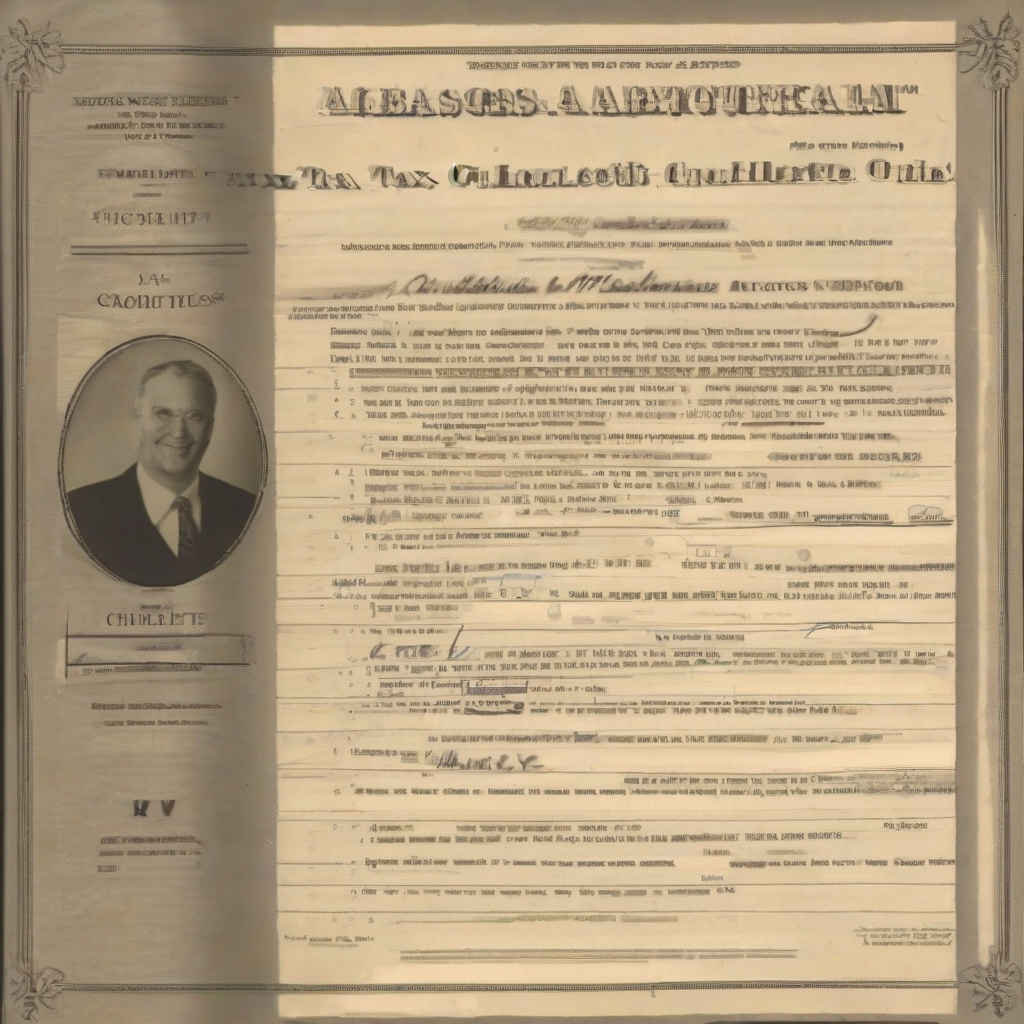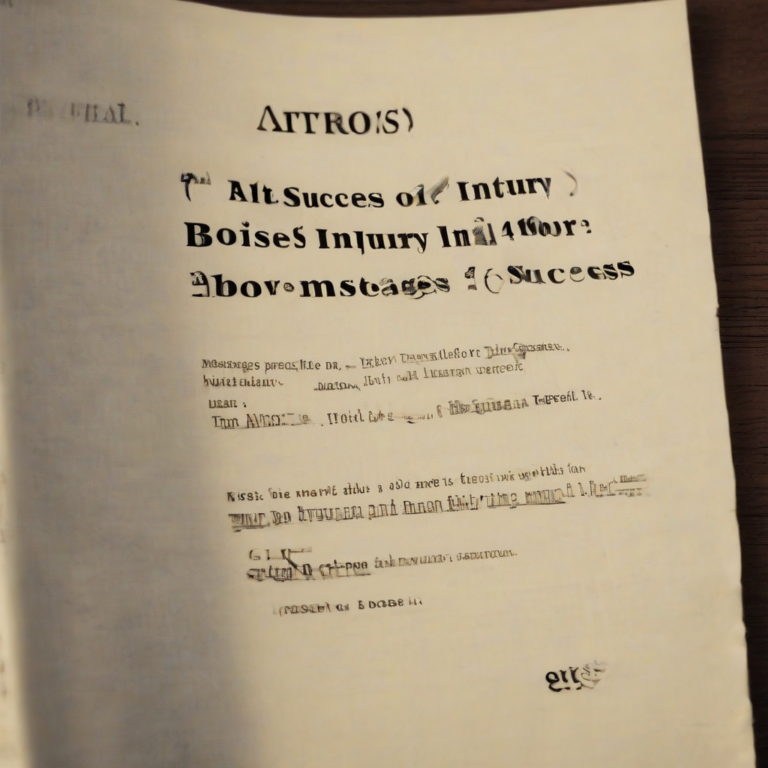
Navigating the Complexities: Your Guide to Tax Attorneys in Charlotte, NC
Facing a tax problem in Charlotte, NC? Understanding the intricacies of tax law can be daunting, even for seasoned business owners and individuals. This comprehensive guide explores the crucial role of tax attorneys in Charlotte, providing insights into their expertise, the types of services they offer, and how to choose the right legal professional for your specific needs. We delve into various scenarios where seeking legal counsel is not just beneficial but essential.
Understanding the Need for a Tax Attorney in Charlotte, NC
The tax code is notoriously complex, constantly evolving with new legislation, regulations, and interpretations. A seemingly minor error can lead to significant penalties, interest charges, and even legal repercussions. This is where the expertise of a qualified tax attorney becomes invaluable. They possess the specialized knowledge and experience to navigate this complex landscape, ensuring your rights are protected and your tax obligations are met efficiently and legally.
- IRS Audits and Investigations: Facing an IRS audit can be a stressful and overwhelming experience. A tax attorney can represent you during the audit process, gather and present evidence, negotiate with the IRS, and potentially minimize your tax liability.
- Tax Disputes and Litigation: If you disagree with the IRS’s assessment, a tax attorney can help you resolve the dispute through various means, including negotiation, appeals, and, if necessary, litigation in tax court.
- Tax Planning and Strategy: Proactive tax planning is crucial for minimizing your tax burden legally. A tax attorney can help you develop a comprehensive tax strategy that aligns with your financial goals and minimizes your tax exposure.
- Tax Debt Resolution: Accumulating significant tax debt can have serious financial consequences. A tax attorney can explore various options for resolving tax debt, such as installment agreements, offer in compromise (OIC), and bankruptcy.
- State and Local Tax Compliance: Beyond federal taxes, navigating state and local tax regulations can be equally challenging. A tax attorney can ensure compliance with all applicable state and local tax laws in North Carolina.
- Business Tax Issues: Business owners face a unique set of tax challenges. A tax attorney can advise on issues such as choosing the right business structure, complying with employment tax regulations, and managing sales tax obligations.
Key Services Offered by Charlotte, NC Tax Attorneys
The services provided by Charlotte tax attorneys are diverse and cater to a wide range of needs. Some of the most common services include:
- Tax Audit Representation: Providing skilled representation during IRS audits and state tax audits.
- Tax Litigation: Representing clients in tax court and other legal forums.
- Tax Planning and Consulting: Offering advice on minimizing tax liability through strategic planning.
- Tax Debt Resolution: Negotiating with the IRS to resolve tax debt.
- Estate Tax Planning: Advising on minimizing estate taxes.
- International Tax Compliance: Assisting individuals and businesses with international tax matters.
- Payroll Tax Compliance: Ensuring compliance with payroll tax regulations.
- Sales Tax Compliance: Advising on sales tax obligations.
- Property Tax Appeals: Representing clients in property tax appeals.
Choosing the Right Tax Attorney in Charlotte, NC
Selecting the right tax attorney is a crucial decision. Consider the following factors when making your choice:
- Experience and Specialization: Look for an attorney with extensive experience in tax law, particularly in areas relevant to your specific situation. Specialization in a particular area, such as corporate tax or international tax, can be beneficial.
- Reputation and Client Testimonials: Research the attorney’s reputation online and seek client testimonials to gauge their effectiveness and professionalism.
- Fees and Payment Options: Discuss the attorney’s fees and payment options upfront to ensure transparency and avoid surprises.
- Communication and Responsiveness: Choose an attorney who communicates clearly and promptly, keeping you informed throughout the process.
- Professional Certifications and Affiliations: Look for attorneys who hold relevant certifications or affiliations with professional organizations, indicating their expertise and commitment to professional standards.
- Comfort Level and Trust: It’s crucial to choose an attorney with whom you feel comfortable and trust. A strong attorney-client relationship is essential for successful outcomes.
Common Tax Issues Faced by Individuals and Businesses in Charlotte, NC
Individuals and businesses in Charlotte, NC, often encounter various tax-related issues. Understanding these common problems can help you identify when professional legal assistance is necessary:
- Incorrect Filing: Errors on tax returns, leading to underpayment or overpayment of taxes.
- Unpaid Taxes: Accumulation of unpaid federal, state, or local taxes.
- Tax Audits: Facing an audit from the IRS or state tax authorities.
- Tax Liens: Dealing with tax liens placed on assets.
- Wage Garnishment: Facing wage garnishment due to unpaid taxes.
- Bank Levy: Dealing with bank levies to seize assets to pay unpaid taxes.
- Penalties and Interest: Facing penalties and interest charges for late payments or tax errors.
- Business Tax Compliance: Struggling to comply with complex business tax regulations.
- Sales Tax Issues: Dealing with sales tax audits or disputes.
- Payroll Tax Issues: Encountering problems with payroll tax compliance.
- Property Tax Disputes: Disputing property tax assessments.
The Importance of Proactive Tax Planning
Proactive tax planning is a strategic approach to minimizing your tax liability while staying compliant with the law. A tax attorney can help you develop a tailored plan that considers your unique financial situation, minimizing your tax burden and avoiding potential problems down the line. This includes:
- Choosing the Right Business Structure: Selecting the most tax-efficient structure for your business, such as an LLC, S-corp, or partnership.
- Retirement Planning: Optimizing retirement savings to minimize taxes.
- Investment Strategies: Implementing investment strategies that minimize tax implications.
- Estate Planning: Developing an estate plan to minimize estate taxes and ensure a smooth transfer of assets.
- Charitable Giving: Maximizing tax benefits through charitable contributions.
When to Seek Legal Counsel from a Tax Attorney in Charlotte, NC
Don’t wait until you’re facing a serious tax problem to seek legal counsel. Contact a tax attorney in Charlotte, NC, as soon as you suspect you might need assistance. Early intervention can often prevent minor issues from escalating into significant problems. Here are some situations where seeking legal help is advisable:
- Receiving a Notice from the IRS or State Tax Authorities: Any communication from tax authorities should be taken seriously. A tax attorney can help you understand the notice and develop a response strategy.
- Facing a Tax Audit: Navigating a tax audit requires specialized knowledge and experience. An attorney can represent you and protect your rights.
- Significant Tax Debt: If you’re struggling with significant tax debt, an attorney can explore options for resolution.
- Uncertainty About Tax Laws: If you’re unsure about how to comply with tax laws, a tax attorney can provide guidance and support.
- Complex Financial Situations: Individuals with complex financial situations, such as multiple businesses or significant investments, should seek professional tax advice.
Finding and Contacting Tax Attorneys in Charlotte, NC
Numerous resources are available to help you find qualified tax attorneys in Charlotte, NC. Online directories, professional organizations, and referrals from trusted sources can all be helpful. When contacting a potential attorney, be prepared to discuss your situation and ask questions about their experience, fees, and payment options.




